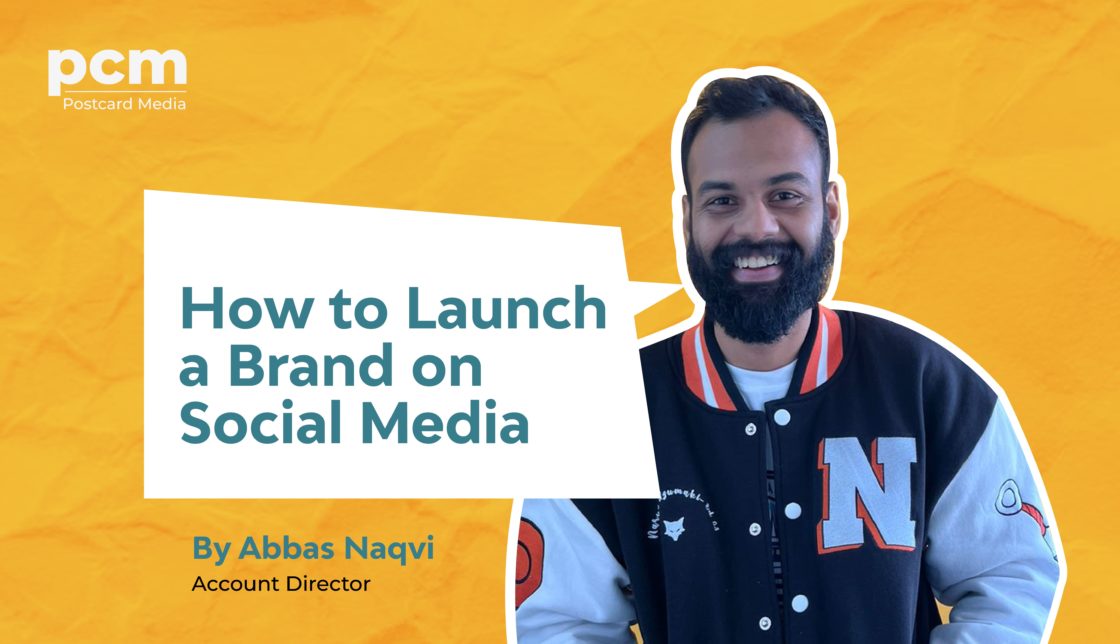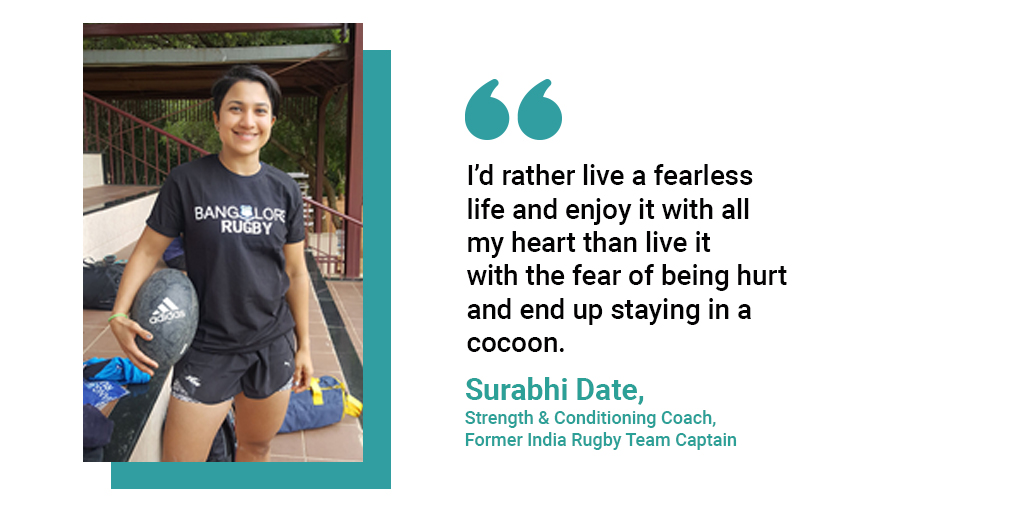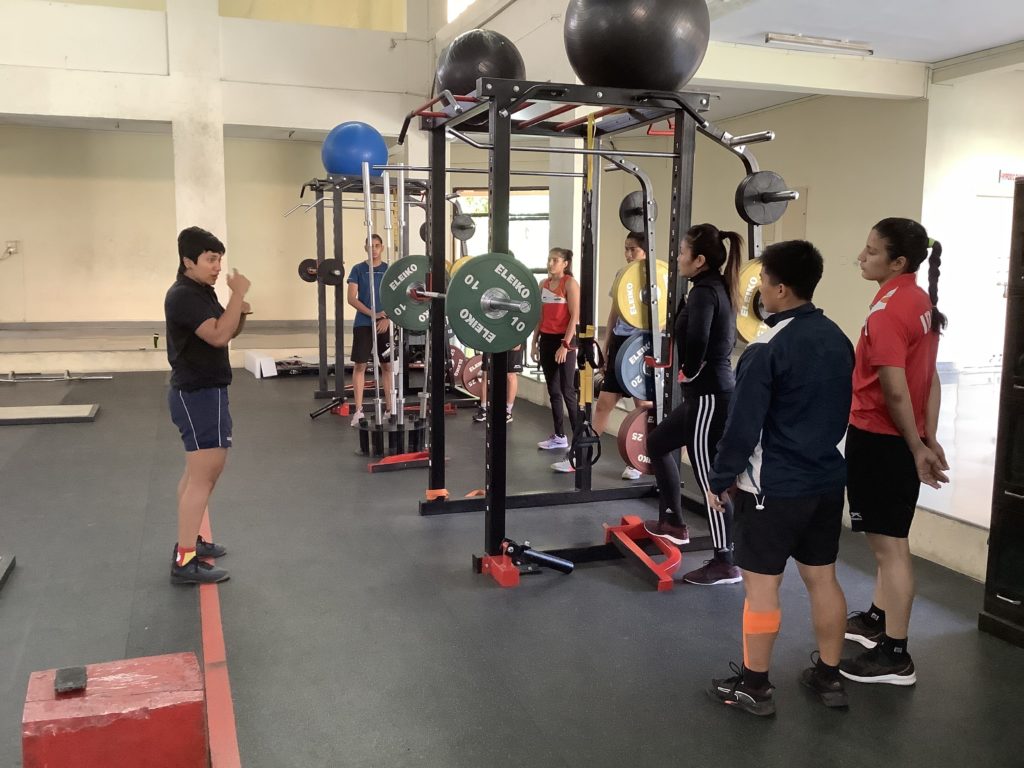Enter the realm of digital discovery, where every pixel holds the promise of a new adventure. Picture this: a landscape alive with anticipation, where every click and swipe holds the potential to turn into something extraordinary.
As an Account Director navigating the vast expanse of digital marketing, I’ve embarked on many journeys into the uncharted territory of brand launches. Join me as we unravel the secrets of seamless brand launches, weaving tales of creativity, strategy, and triumph in the ever-evolving saga of social media storytelling. Welcome to a world where imagination knows no bounds and every post is a portal to possibility.
Establish Your Digital Persona
Before setting sail into the vast sea of digital marketing, take a moment to sculpt your brand’s digital identity. Take stock of the audience that the brand wants to connect to and establish how their ideal audience would like to be spoken to. Define the tone of voice that resonates with your audience and curate a visual aesthetic that embodies your brand essence. Crafting a cohesive digital persona lays the groundwork for a memorable and impactful launch that leaves a lasting imprint on your audience’s minds.
Craft Captivating Content
In the realm of social media, content reigns supreme. Ultimately, what your audience will enjoy and engage with is the content that you put out. Hence, develop a content strategy that seamlessly blends storytelling with strategic messaging to captivate your audience’s attention. From an audience engagement perspective, your content should be relatable and intriguing at the same time.
Overall, your content strategy should align with the goals of the brand. From visually stunning imagery to compelling captions, each piece of content should serve as a beacon, guiding followers towards your brand with curiosity and intrigue. If your audience is intrigued, there is a much higher chance that they will contribute to key metrics like likes, comments, shares, etc.
Build Anticipation with Teasers
Being intriguing extends far beyond writing single posts or copies. The brand itself should take its audience through a journey. Through your messaging, take your audience through the brand’s story along different stages.
As the first step, ignite the flames of anticipation by teasing your audience with tantalizing glimpses of what’s to come. Whether it’s a teaser trailer, sneak peek images, or countdown posts, sow the seeds of excitement leading up to the grand unveiling of your brand. Harness the power of anticipation to build momentum and anticipation among your eager followers. Later, you can move on to posting content that includes the product/service of the brand as part of the launch phase. After the launch phase, you can post content that helps you carry the online share of voice you have earned forward into future activities you will do for the brand.
Foster Valuable Engagement
Social media is a dynamic ecosystem fueled by engagement. However, not every bit of engagement can be considered a success. The difference between your regular ol’ engagement and the valuable one is how many times it can be repeated. As opposed to someone that would interact with the brand once, it is more valuable to have someone constantly engage.
Cultivate meaningful interactions with your audience through polls, quizzes, and interactive content that invites participation. Foster a sense of community and connection that transforms passive followers into active advocates of your brand.
Harness the Power of Live Streaming
Take your brand launch to the next level by embracing the thrill of live streaming. Host live Q&A sessions, product demos, or exclusive behind-the-scenes tours to provide your audience with an immersive experience they won’t soon forget. Live content adds a human touch to your brand, fostering genuine connections with your audience in real-time.
Collaborate for Amplification
Expand your reach and credibility by forging strategic partnerships with influencers and brand ambassadors in your niche. Collaborative content allows you to tap into established audiences and leverage their influence to amplify your brand message. Choose partners whose values align with your brand for authentic and impactful collaborations that resonate with your audience.
Measure, Analyze, Optimize
Don’t rest on your laurels once the curtains close on your brand launch. Continuously monitor and analyze the performance of your social media campaigns. Track key metrics such as engagement, reach, and conversion rates to gain insights into what’s working and what’s not. Use these insights to refine your approach and optimize future brand launches for even greater success.
Conclusion
Launching a brand on social media is a thrilling adventure filled with endless possibilities. By embracing these strategies, you can navigate the ever-evolving landscape of social media with confidence and finesse, ensuring that your brand launch not only makes waves but leaves an indelible mark on your audience’s hearts and minds. So gear up, ignite your creativity, and let’s set sail towards digital greatness!








